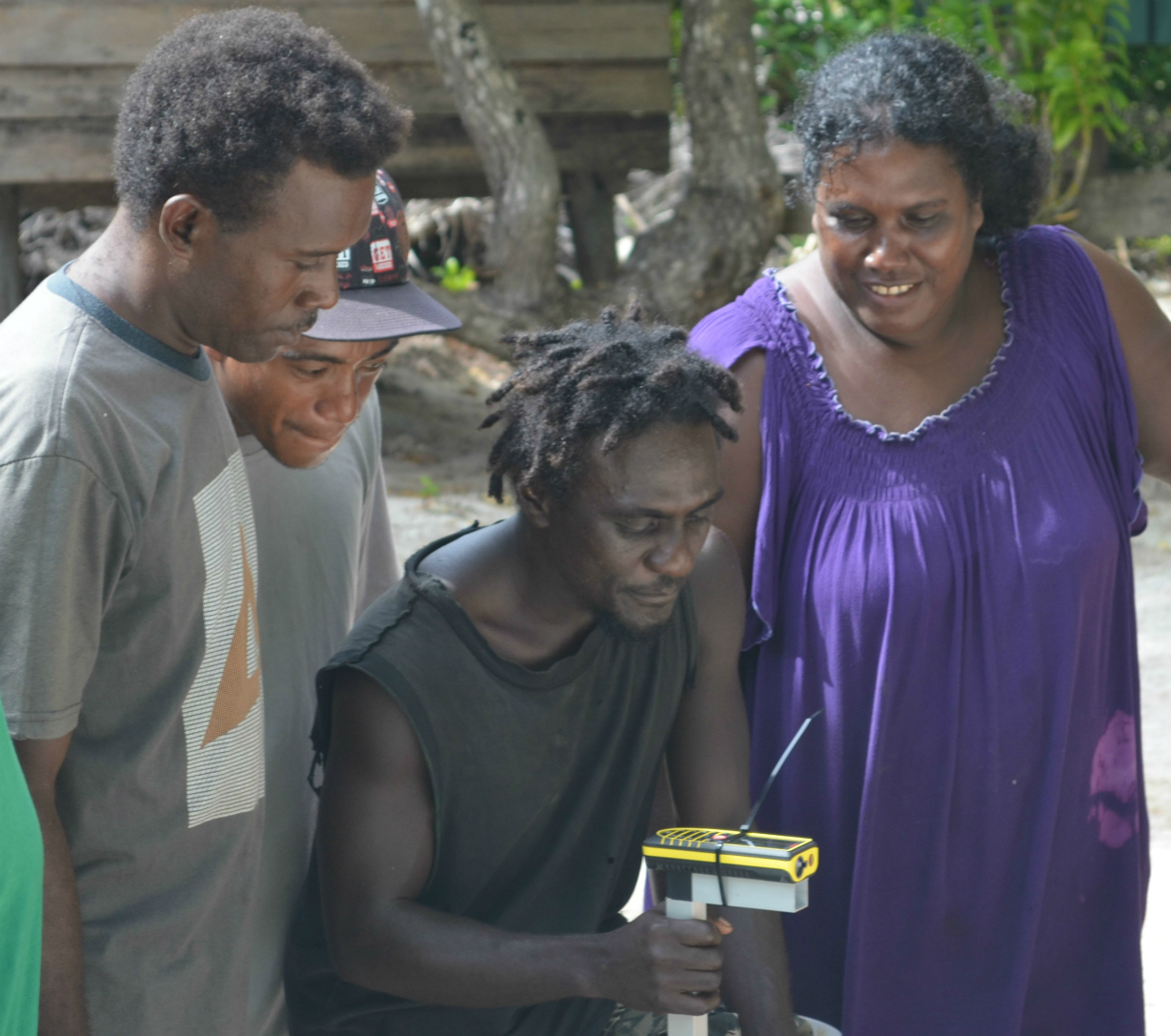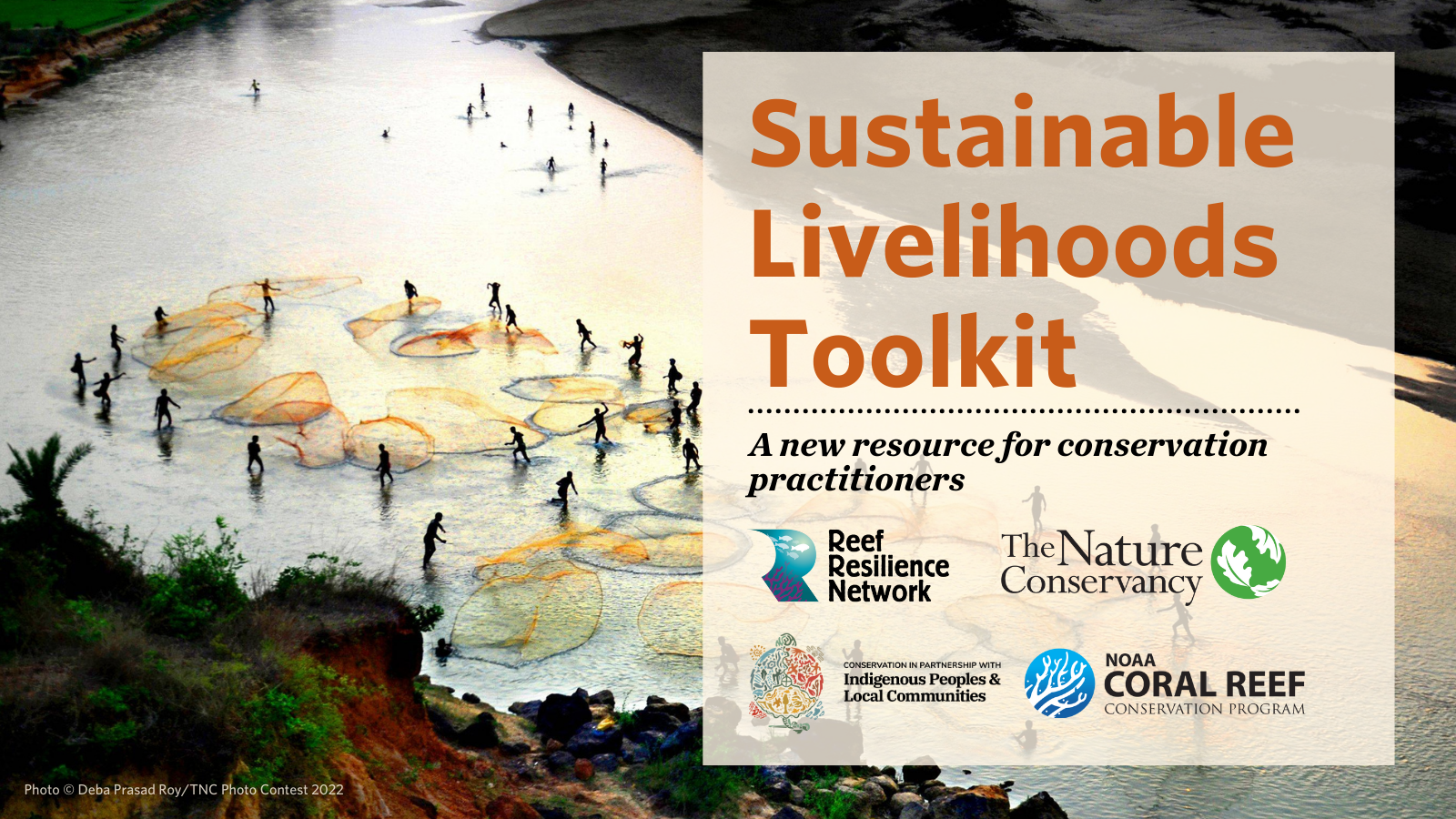We recently launched our new Community-Based Climate Adaptation module which complies the latest scientific guidance and tools to help managers assess social and ecological vulnerability to climate change and other stressors. We interviewed Lizzie McLeod, our lead climate adaptation scientist, to learn about the importance of community-based climate adaptation and some of the associated benefits. Check out our conversation below!
RR: Why is community-based climate adaptation important for coral reef managers?
EM: Community-based adaptation is important for reef managers because in many cases, community responses to climate change involve management actions that aim to protect coral reefs. Reefs can help to buffer coastlines from storm impacts and sea-level rise and protect reef fisheries to maintain food security, thus their protection can help communities to be more resilient to climate change. Communities who are less vulnerable to climate change are less likely to exploit their natural resources. Coral reef managers can help to highlight the impacts of climate change on coral reef ecosystems and priority management actions to protect them. They may also be able to access climate adaptation funds which can be significant to support projects which help to build the resilience of coastal communities and reef systems.
RR: What are some of the benefits associated with community-based adaptation?
EM: Community-based adaptation is a vital part of responding to climate change. Communities, especially those in coral reef areas, are often on the front lines of climate change (e.g., experiencing flooding and erosion from sea-level rise and storms, coral bleaching, changes in ocean chemistry, saltwater intrusion into water sources, and changes in the productivity of food trees and gardens). Community-driven adaptation actions are more likely to address local concerns, values, and priorities than top-down adaptation actions and can empower communities to plan for and cope with climate impacts. They often provide cost-effective strategies to address climate change by building on local knowledge and experiences dealing with climate variability and change. If implemented effectively, then can also ensure that communities are engaged in all levels of adaptation planning and implementation.
RR: If there is one thing managers should know about climate adaptation what would it be?
EM: No matter what actions are taken globally to address climate change, even if greenhouse gas emissions were stabilized today, communities will still face impacts of climate change. Scientists project that sea levels will continue to rise due to thermal expansion and the atmosphere will continue to warm for at least a century, if not longer, based on the current amount of carbon dioxide in the atmosphere and ocean. Therefore, adaptation efforts will only increase in importance as we work towards implementation of the goals set forth by the Paris Agreement to keep global temperatures below 2°C above pre-industrial levels and to pursue efforts to limit temperature increase to 1.5°C.
Take a deeper dive into our Community-Based Climate Adaptation Module to learn more!



